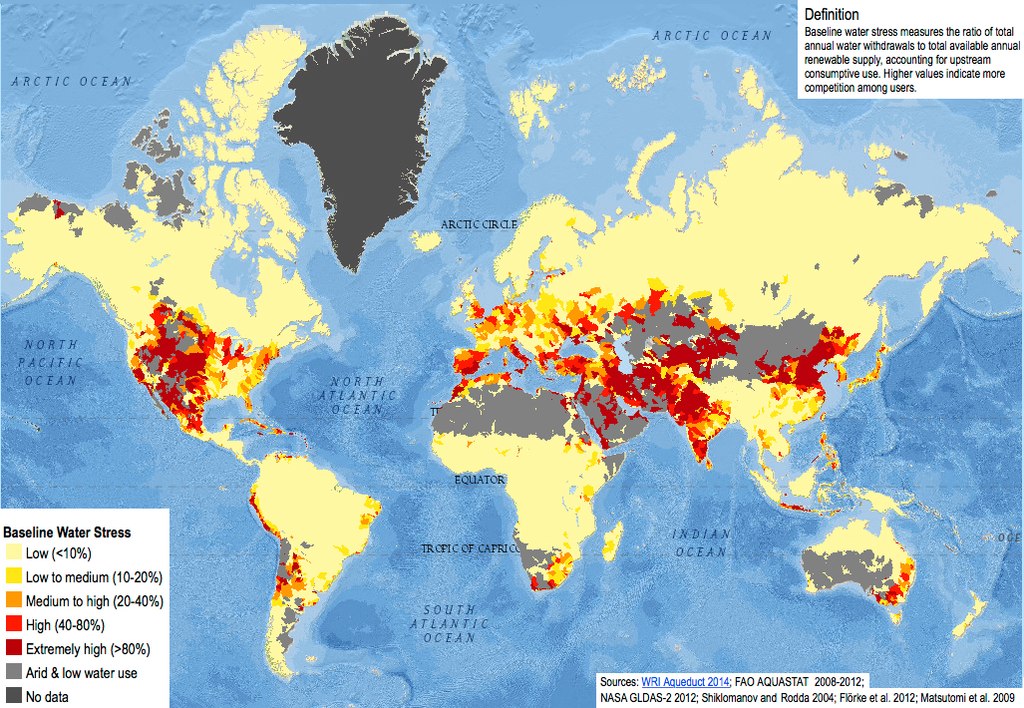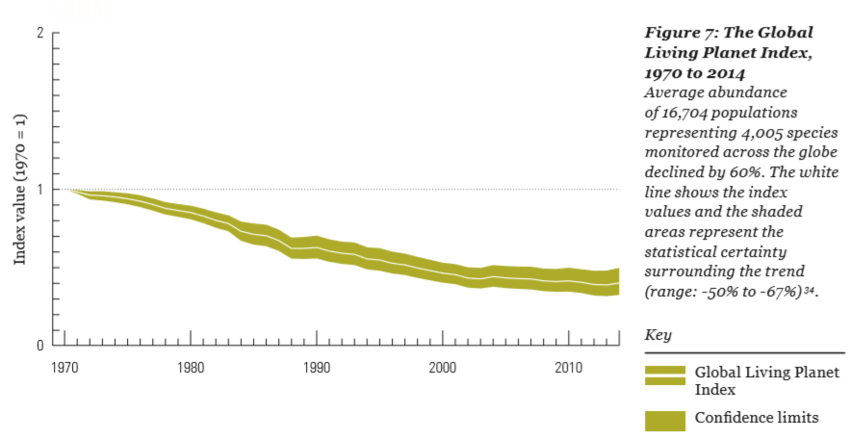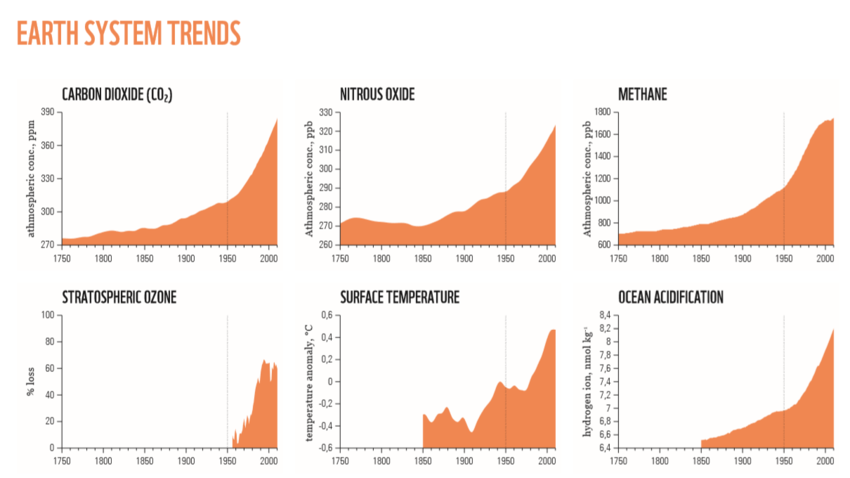 Biden’s turning out better than I expected on domestic economic issues, though that isn’t a high bar. This speech (full transcript) is very interesting, though the question of how much he can get through Congress remains. My telegraphic thoughts on reading it.
Biden’s turning out better than I expected on domestic economic issues, though that isn’t a high bar. This speech (full transcript) is very interesting, though the question of how much he can get through Congress remains. My telegraphic thoughts on reading it.
The IMF predicting six percent growth isn’t that impressive, just because after Covid there was always going to be a boom.
Getting rid of all lead pipes is really good and has needed to be done for decades.
Getting high-speed internet to every home is good. Hope there’s some price controls in there, because the ISPs definitely rip people off (I’ve seen profit numbers as high as 97 percent.) They also need to be sure it actually gets built; money has been given to providers to build before, and they haven’t bothered.
Upgrading the power grid is absolutely necessary. We’ll see what the details are. It needs to be done in a way that forces proper maintainance. PG&E has let literally thousands of fires happen because they’d rather pay dividends than fix their infrastructure.
The green plan is pretty good. Insufficient, but better than anyone else has done. Half a million charge stations, more energy efficient buildings, planting over crops and some industrial policy to create green machinery in the US. Someone has finally got it through their thick skull that most of the jobs required in upgrading buildings and so on can’t be offshored and outsourced, something I and others have been arguing for decades. Happy about this.
Some stuff about $15/minimum. Doubt Manchin will let it through, but if I were Biden, I’d use it as a cudgel for 2022 to get a majority he can use. Really, even $15 is stupid. It should be about $22 and indexed, ideally to the increase in CEO compensation.
A lot more money for research. Excellent.
Universal pre-school. I think it’s a terrible idea, but I know most experts disagree. Have to take the kids from the parents and soon as possible and train them to be obedient workers.
Two years of free community college; give workers slightly better, but non-elite jobs.
Some ACA fixes, none of which will make it good or people not hate it, because insurance companies controlling what you can get and whether it gets paid for is always going to suck.
Allowing Medicare to negotiate drug prices. See if Congress lets it through, but a good thing.
Top bracket for those earning 400K or more up to 39.6 percent. No way Machin lets this through, but a good market for a start. It should be 90 percent, of course.
The fixes to capital gains are great, and something America (and most other countries) have needed for ages. Taxing capital gains less than income was always ridiculous and unfair.
Lots of red meat rhetoric against CEOs and execs. Nice.
China cold war still on: China must play by American rules, and the US military will stay in the East. (More on this in future pieces, this is important.)
Red meat on Russia. Self congratulation on Afghanistan (earned, but continuing drone bombing it is bad.)
Gun control talk: wants the loopholes closed and background checks on everyone (I doubt this can get past Congress. If it does, the Supremes will veto it.)
Immigration: don’t blame me, I sent a bill and Congress won’t pass it. Also we should help nations where we’re getting a lot of refugees from so they don’t need to flee to us.
Call back to FDR. They clearly want to make Biden the next FDR. He ain’t that, but domestically he’s the start of the end of neoliberalism, perhaps, and if so, that’s enough and more than I expected. None of this stuff is exactly radical, or sufficient BUT it is a reversal of trend, and that matters.
(Writers need dental care, so subscriptions and donations help.)





